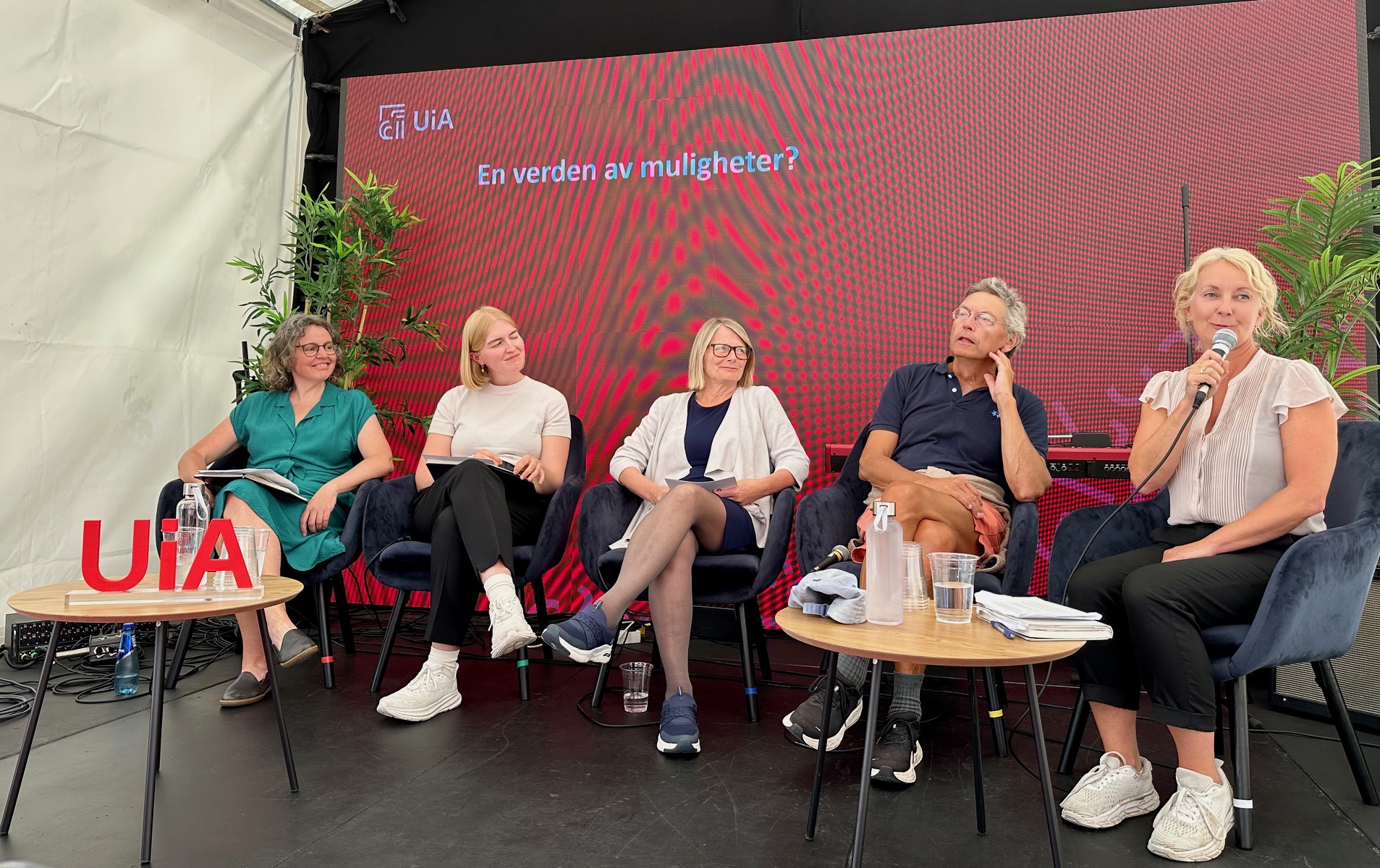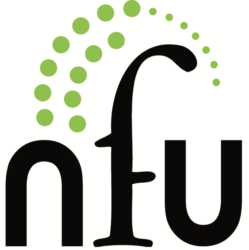In 2023, the government decided that students from countries outside the EU must pay tuition fees to study at Norwegian educational institutions. Since then, the number of students from countries outside the EEA area has plummeted.
At UiA this year, only 17 international students pay tuition fees, nine of whom receive support through various scholarship schemes. This decline is clearly felt in studies such as the bachelor’s and master’s programmes in development studies, which were known for their international diversity among students. Now, almost all students in these programs have either Norwegian or European passports.
During Arendal Week, researchers at the Faculty of Social Sciences arranged a panel debate on the societal consequences of Norwegian lecture halls losing much of their diversity. The debate was chaired by Professor Ann Christin Nilsen at the Department of Sociology and Social Work and was arranged in collaboration with the Norwegian Association for Development Research (NFU) and SAIH.
The debate was held four years after the white paper “A world of opportunities”, in which it was argued that global problems require global solutions and more cooperation across national borders. Since then, a lot has changed. The introduction of tuition fees for students outside the EU is part of a pattern in which other support for collaboration with research and educational institutions in the Global South is also either cut or reduced. This includes support schemes such as NORGLOBAL and NORPART, which have long contributed to cooperation with countries outside the West.
A small band-aid on a large wound
To compensate for some of the drop in the number of international students, the authorities have introduced a scholarship scheme for students from selected countries in the Global South.
However, the scholarship scheme is only a small band-aid on a big wound, according to panelist and associate professor Arnhild Leer-Helgesen at the Department of Global Development and Planning. She pointed out that the scholarship scheme applies to few students and is also covered by the aid budget, which means that it in reality affects Norway’s ability to provide aid.
Came like lightning from a clear sky
UiA Rector Sunniva Whittaker also participated in the panel. She emphasized that the introduction of tuition fees came like lightning from a clear sky, but that it nevertheless draws into a pattern where the international aspect is given lower priority in research and education policy. Economy and savings were used as the main arguments for the introduction, but Whittaker wondered about the cost. UiA has largely managed to fill the study places with other students, but the diversity among the students has decreased. Whittaker fears this will affect the quality of the studies.
This view was shared by Professor Iver B. Neuman, director of the Fritjof Nansen Institute. He emphasized that discussions among fellow students from different backgrounds provide invaluable training in globalization and cosmopolitan conversation, which is essential for solving global challenges and living together.
Important to stand up for the principle of free higher education
SAIH leader Selma Bratberg also participated in the debate. She pointed out that the global situation for higher education is serious, with rising tuition fees and pressure on students’ freedom of expression.
“It is important that Norway stands up for the principle of free education,” she continued.
Bratberg also claimed that students, both now and throughout history, have been an important driving force for democracy, human rights and social change.
“In a world where authoritarian forces and nationalism are on the rise, it is extra scary
with such politics,” she concluded.

